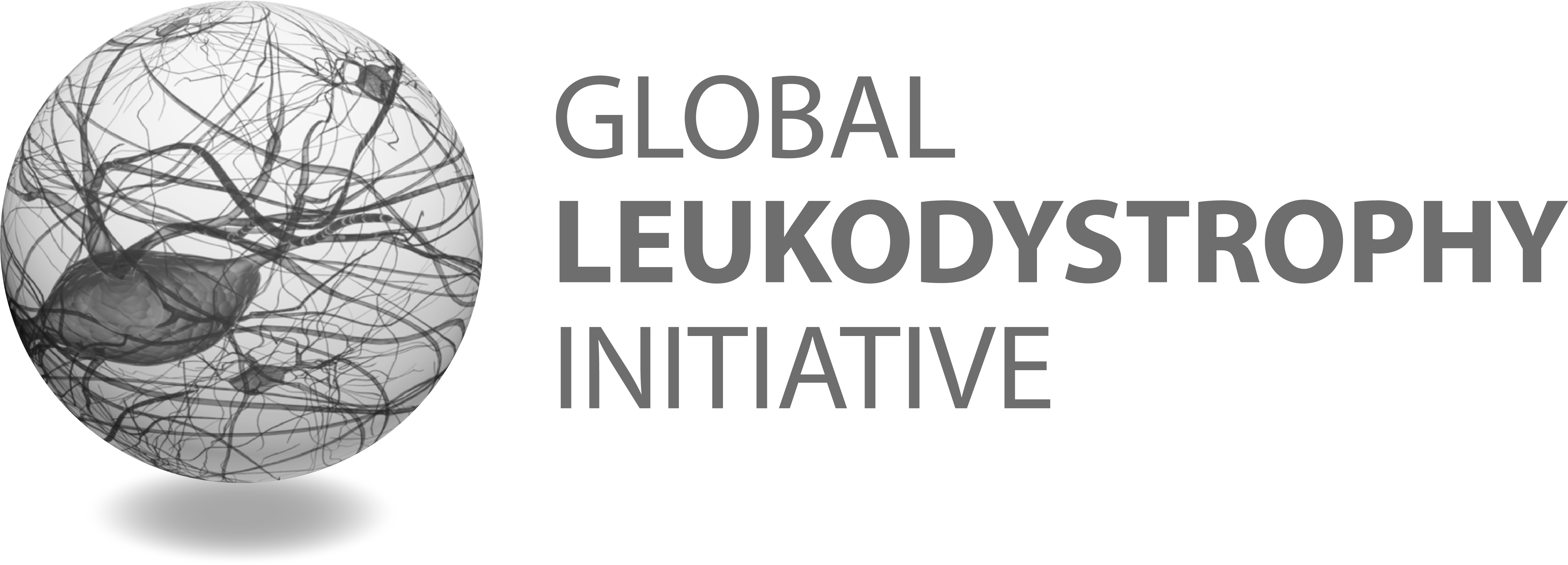Diseases Studied
The Rare Diseases Clinical Research Network is an NIH-funded research network of 21 active consortia or research groups working to advance treatment for diseases that are rare. Use the search tools on this page to find the diseases we currently study. You can reach out to the indicated consortia or research groups for more information on those diseases and studies underway.
This network focuses on clinical research and does not generally support clinical care outside of research activities. To learn about other rare diseases, please visit the Genetic and Rare Diseases Information Center (GARD), which is an NIH program that helps the public find reliable information about rare and genetic diseases. Their staff are specialists. Contact them at 1-888-205-2311 or email GARDinfo@nih.gov.
All Diseases > Krabbe disease
Krabbe disease
Alternative Names: Globoid leukodystrophy; KD
Disease Category: Leukodystrophies, Lysosomal Diseases
A rare, inherited lysosomal disorder which is divided into infantile and late-onset forms. It is caused by a missing or abnormal enzyme that cannot break down galactolipids (fat molecules with the sugar molecule, galactose, attached). Hallmark characteristics of this disease are nervous system demyelination (loss of the fatty coating surrounding nerves) and the formation of globoid cells (abnormally large cells in the brain containing more than one nucleus).
Research groups studying this disease
Leukodystrophies

Global Leukodystrophy Initiative Clinical Trials Network (GLIA-CTN)
Leukodystrophy Australia
Aims to support individuals and families affected by leukodystrophy, raise awareness, and encourage leukodystrophy-related research.
Fundación Lautaro te Necesita
Su misión es mejorar la calidad de vida de las personas afectadas por leucodistrofias impulsando la investigación y la educación para lograr diagnósticos tempranos que posibiliten el acceso a tratamientos adecuados.
Hunter's Hope Foundation
Supports and encourages those affected by Krabbe disease and related leukodystrophies.
European Leukodystrophy Association
Provides assistance and support to families affected by leukodystrophy, funds research projects, raises public awareness, and collaborates with international organizations to pool resources to develop research.
Alex, The Leukodystrophy Charity
Offers support and information for all those affected by a genetic leukodystrophy.
Leukodystrophy Resource & Research Organisation
This group seeks to maximise health care resources, advance the world’s leading research and to provide premium support for all Australasian leukodystrophy families with the outcome being a cure.
Rosenau Family Research Foundation
Works to promote the expansion of newborn screening and to further education, awareness, and research of Krabbe disease and cystic fibrosis.
Hunter's Hope Foundation
Supports and encourages those affected by Krabbe disease and related leukodystrophies.
Rosenau Family Research Foundation
Works to promote the expansion of newborn screening and to further education, awareness, and research of Krabbe disease and cystic fibrosis.

